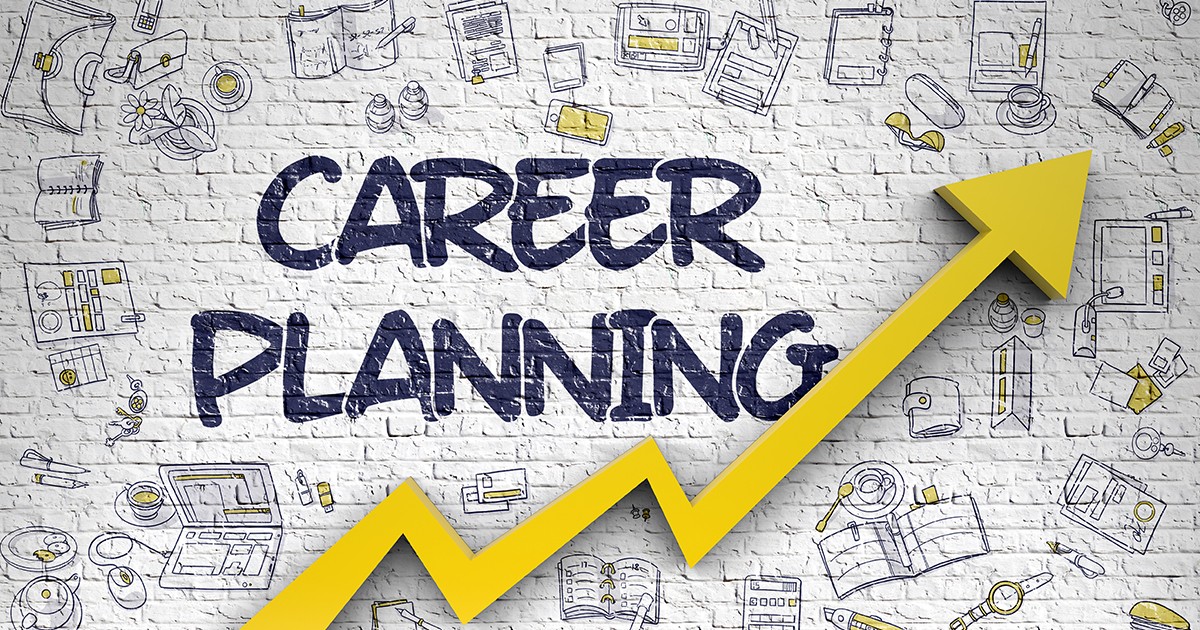Career planning is essential for professional growth and long-term success. A well-thought-out career plan helps individuals set goals, develop skills, and stay motivated. This article explores effective career planning strategies to help you navigate your career path successfully.

Why Career Planning is Important
Career planning ensures you are on the right track and helps you:
-
Identify your strengths and weaknesses
-
Set realistic career goals
-
Stay motivated and focused
-
Adapt to industry changes
-
Enhance professional growth
Key Career Planning Strategies
1. Self-Assessment
Self-assessment is the first step in career planning. It helps you understand your skills, interests, and values.
Self-Assessment Techniques
| Method | Description |
|---|---|
| SWOT Analysis | Identify strengths, weaknesses, opportunities, and threats |
| Personality Tests | Understand personality traits that impact career choices |
| Skills Inventory | Evaluate current skills and identify gaps |
2. Setting Career Goals
Setting clear career goals gives you direction and motivation. Follow the SMART (Specific, Measurable, Achievable, Relevant, Time-bound) framework.
SMART Goal Example
| Goal | Specific | Measurable | Achievable | Relevant | Time-bound |
| Get a promotion | Gain leadership skills | Lead 2 projects | Training & mentorship | Career advancement | Within 1 year |
3. Skill Development
Enhancing skills is crucial for career growth. Identify and develop essential skills based on your industry requirements.
In-Demand Skills
-
Technical skills (e.g., coding, data analysis)
-
Soft skills (e.g., communication, teamwork)
-
Leadership skills
-
Problem-solving abilities
-
Adaptability
4. Networking and Mentorship
Building professional relationships opens new career opportunities.
Ways to Network
-
Attend industry events and seminars
-
Join professional associations
-
Connect on LinkedIn
-
Seek mentorship from experienced professionals
5. Continuous Learning
Lifelong learning ensures you stay relevant in the job market.
Learning Methods
-
Online courses (Coursera, Udemy, LinkedIn Learning)
-
Workshops and seminars
-
Reading industry-related books and articles
-
Earning professional certifications
6. Gaining Work Experience
Practical experience enhances your resume and job prospects.
Ways to Gain Experience
| Method | Benefits |
| Internships | Hands-on experience, industry exposure |
| Part-time Jobs | Builds work ethic, skill enhancement |
| Volunteer Work | Develops leadership and teamwork skills |
| Freelancing | Real-world project management experience |
7. Career Adaptability
The job market is constantly evolving. Being adaptable ensures long-term career success.
How to Stay Adaptable
-
Be open to learning new skills
-
Stay updated on industry trends
-
Be willing to switch roles if necessary
-
Develop a growth mindset
Ilmkidunya








.gif)


































